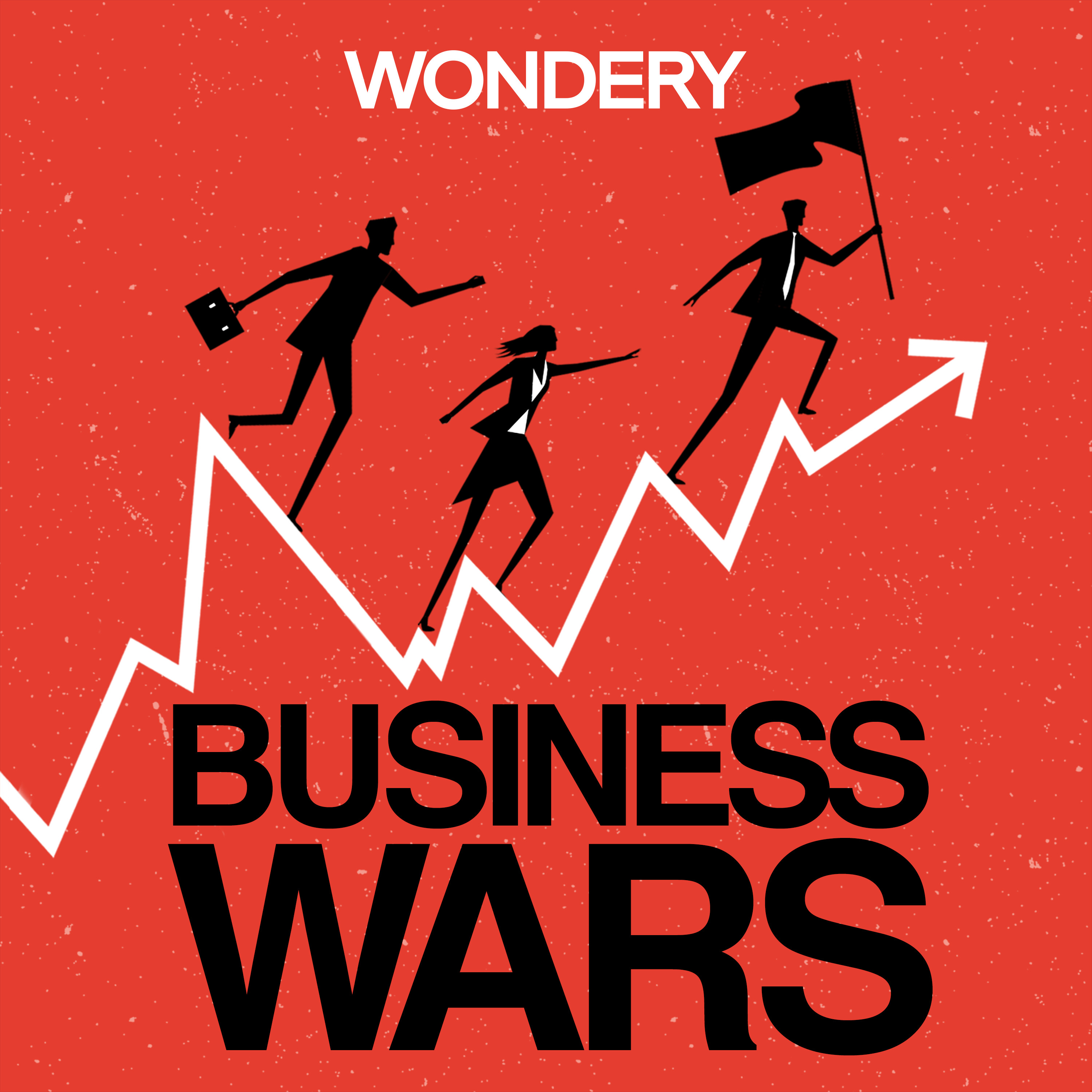
Shopping in the Social Media Age | 4

Business Wars
Deep Dive
How much holiday spending did the National Retail Federation project for the 2024 season?
The National Retail Federation projected $998 billion in holiday spending for the 2024 season, which runs from November 1st through December 31st.
What role did TikTok play in influencing holiday shopping trends in 2024?
TikTok significantly influenced holiday shopping trends by elevating certain brands and products through peer-to-peer marketing. The platform allowed users to see products in action, making it easier to purchase directly through TikTok Shop, which facilitated impulse buys.
Why did Target struggle during the 2024 holiday season compared to Walmart?
Target struggled because it relies more on discretionary spending, such as candles and pillows, while Walmart benefits from a larger grocery business. Consumers cut back on non-essential items, leading to weaker sales for Target.
What is 'quiet luxury,' and how did it influence holiday shopping in 2024?
Quiet luxury refers to an understated, elegant style focused on timelessness and high quality rather than flashy logos. Brands like The Row and Bottega Veneta exemplify this trend. In 2024, it influenced shopping as consumers sought refined, long-lasting items over ostentatious displays of wealth.
How did Walmart attract higher-income shoppers during the 2024 holiday season?
Walmart attracted higher-income shoppers by improving delivery times, upgrading its fashion offerings, and adding more premium products like vegan options. These changes made Walmart appealing beyond just low prices, helping it retain shoppers earning over $100K.
What are some key trends in holiday gifting for 2024?
Key trends included personalization, such as monogramming and bag charms, as consumers sought ways to distinguish their gifts. Additionally, experiential gifts and consumables gained popularity, reflecting a shift away from material items.
How did social media platforms like Instagram and TikTok impact consumer shopping habits in 2024?
Social media platforms made shopping more seamless and frictionless, enabling impulse purchases. Instagram and TikTok allowed users to see products in action and buy them directly within the apps, fostering a culture of convenience and instant gratification.
What is the significance of Black Friday and Cyber Monday in the 2024 holiday shopping season?
Black Friday and Cyber Monday remained significant, but the lines between them blurred as sales started earlier and extended longer. Cyber Monday is expected to grow in importance as online shopping becomes more dominant, potentially surpassing Black Friday in the future.
How did small brands and independent makers fare during the 2024 holiday shopping season?
Small brands and independent makers faced challenges when their products went viral, as they struggled to meet sudden demand. However, platforms like TikTok Shop provided opportunities for exposure and sales without heavy marketing costs.
What are some practical gifting tips shared by experts for the 2024 holiday season?
Experts recommended focusing on fun, frivolous, and delightful gifts rather than practical household items. Personalization, consumables, and experiential gifts were highlighted as thoughtful options. Paying attention to the recipient's preferences year-round was also emphasized to ensure meaningful gifts.
- $998 billion projected holiday spending
- 2.5% to 3.5% sales growth predicted
- Social media's impact on purchasing decisions
Shownotes Transcript
TikTok gift guides and social media shopping platforms changed the game this holiday season. So how much did shoppers spend — and where did they make those purchases? Hint: it definitely wasn't Target. David is joined by Jordyn Holman, retail reporter for The New York Times, and Kitty Guo, a writer for The Strategist covering gifting, to find out how shopping habits shifted in 2024.
Be the first to know about Wondery’s newest podcasts, curated recommendations, and more! Sign up now at https://wondery.fm/wonderynewsletter
Listen to Business Wars on the Wondery App or wherever you get your podcasts. Experience all episodes ad-free and be the first to binge the newest season. Unlock exclusive early access by joining Wondery+ in the Wondery App or on Apple Podcasts. Start your free trial today by visiting wondery.com/links/business-wars/ now.
See Privacy Policy at https://art19.com/privacy) and California Privacy Notice at https://art19.com/privacy#do-not-sell-my-info).